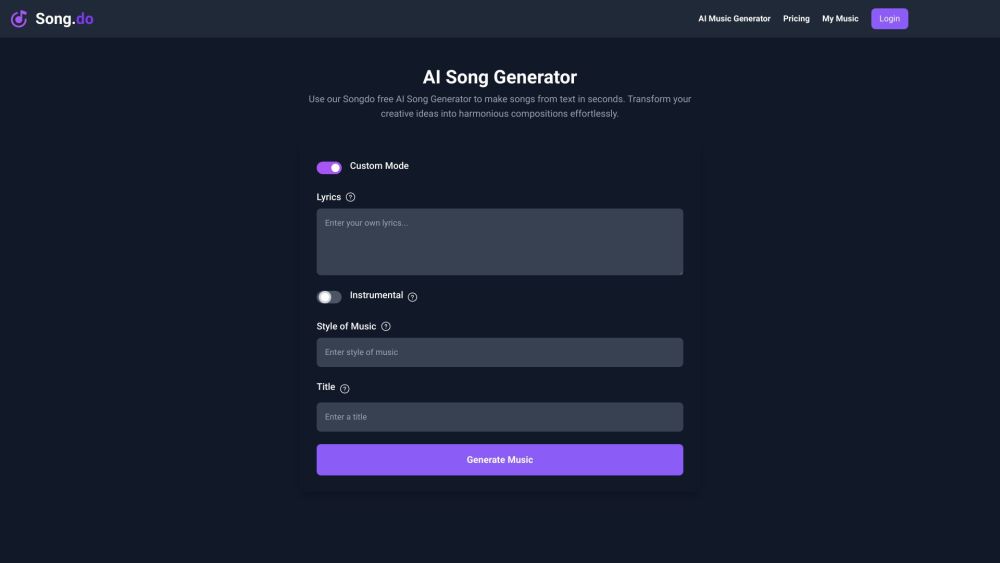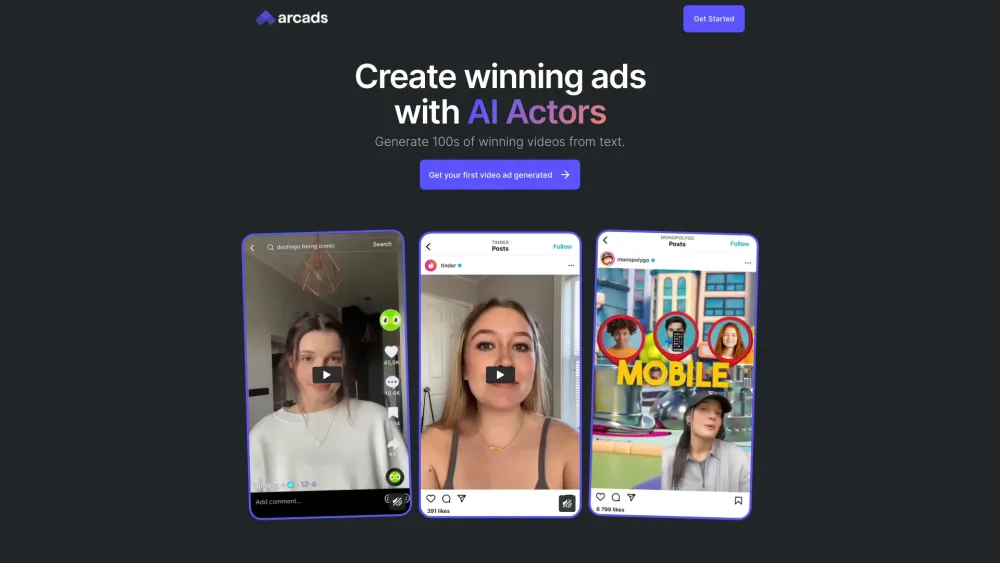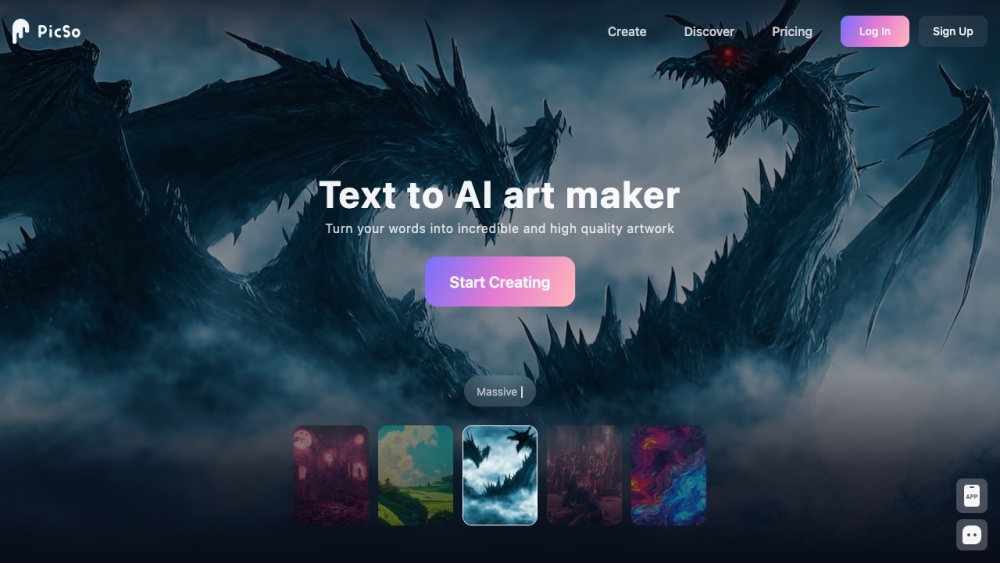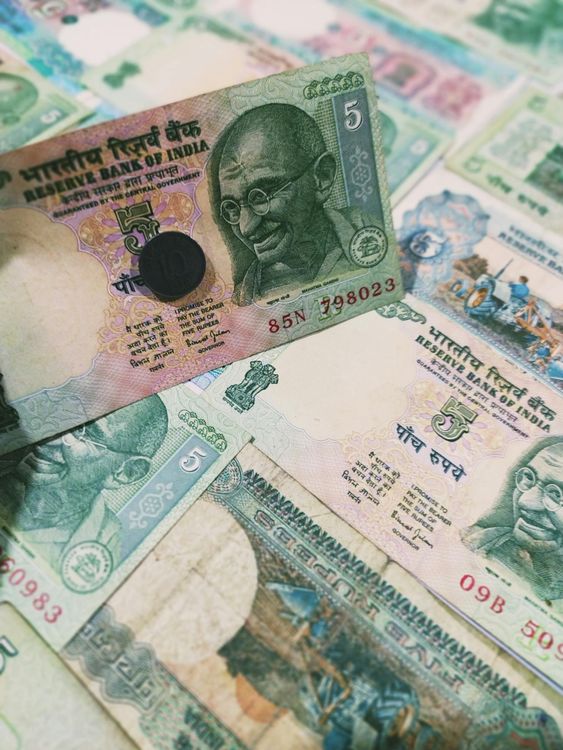Spotify, the music streaming giant, is in the midst of a major controversy, and it’s not just about the music itself. Allegations have surfaced that the platform has been covertly promoting so-called "ghost artists"—fake, low-cost musicians—whose tracks fill playlists, all in a bid to reduce the royalties paid to legitimate creators. This revelation has sent shockwaves through the industry, igniting a firestorm of criticism and raising serious ethical questions.
The claims come from *"The Emotional Machine: The Rise of Spotify and the Cost of Perfect Playlists,"a book by journalist Liz Pelly, who uncovered the company's hidden initiative, dubbed Perfect Fit Content (PFC). According to Pelly's research, Spotify had quietly developed a project to flood its platform with cheaply produced music created by third-party companies. In turn, Spotify’s internal team worked to ensure these tracks made it onto curated playlists, bypassing the usual editorial processes. This strategic move allowed Spotify to avoid paying full royalties to real artists, all while boosting its profitability.
This scheme began as an experiment in the mid-2010s and, by 2017, had blossomed into a major revenue source for Spotify. Former employees described how, once PFC was launched, playlist editors saw a new metric appear on their dashboards: a column that indicated how "perfectly" each track matched a specific playlist’s theme or mood. This system essentially pressured editors to prioritize PFC tracks—songs that were often cheaply produced by external companies—over the music of established artists. Over time, this pressure intensified, with managers relentlessly pushing employees to add PFC tracks to playlists, creating a culture where quality and creativity were sidelined in favor of cost-cutting measures.
Some of Spotify’s editorial staff later expressed regret, admitting that they felt uncomfortable with the direction the company was taking. They recalled how the project felt exploitative, especially as more and more budget tracks flooded Spotify’s playlists. Spotify, meanwhile, responded by hiring new staff, many of whom appeared unfazed by the ethical concerns surrounding PFC, focusing instead on meeting quotas and pushing as many of these low-cost songs onto the platform as possible.
By 2023, PFC had become a key player in Spotify’s operations. The team behind it controlled hundreds of playlists, including some of the most popular ones, such as “Deep Focus” and “Cocktail Jazz.” These playlists, once known for featuring a diverse range of high-quality tracks, were now dominated by PFC content. One jazz musician, who had contributed to PFC music, shared his story with Pelly. After he created ambient tracks for Spotify’s PFC partners and received a modest upfront payment, he was shocked to later learn that he had lost ownership of his music’s master recordings. When the tracks gained millions of streams, the musician saw only a fraction of the revenue, with Spotify collecting the lion's share.
This practice highlights the lengths to which Spotify is willing to go to save money, even if it means underpaying the artists who contribute to its vast library of content. For many musicians, the royalties earned from streaming are already meager—often just a few pennies per stream—and this exploitation of low-cost content only worsens the situation. The platform’s focus on maximizing profits by relying on cheaper, anonymous music has led to an unsettling disparity between the amount Spotify earns and the pittance paid to real creators.
This issue raises a larger question about the role of streaming platforms in the music industry. While Spotify touts its support for artists, initiatives like PFC show the company’s willingness to cut corners at the expense of genuine creators. It seems that, in the race for profits, Spotify has found a way to push more music with fewer costs—yet at what price to the integrity of the platform and the artists who made it what it is today?
In the wake of these revelations, Spotify’s practices have come under increasing scrutiny. The company must now navigate a delicate balancing act—maintaining profitability while ensuring fair compensation for the creators who provide the content that drives its business. As more stories like this come to light, Spotify will have to address its approach to royalties and content creation if it wants to rebuild trust with the very artists who helped it rise to power in the first place.







